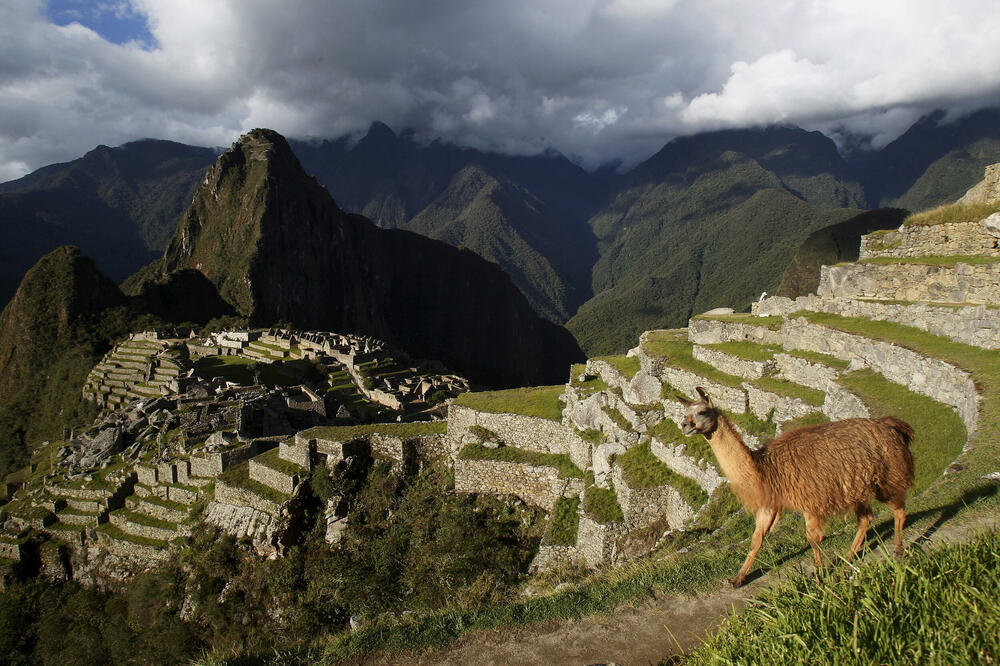Protests that prevented the arrival and stay of tourists in Machu Picchu, the most visited place of the former Inca people, ended on Wednesday with an agreement between the Government of Peru and energetic residents, which stipulates that the Government abandon the privatization of ticket sales.
"The strike has been suspended," Culture Minister Lesli Urteaga said on RRP radio after a meeting with the leaders of the protest movement, and protestor spokesman Darwin Baka confirmed this to AFP.
Commercial activity thus continued on Wednesday, as well as rail traffic, which cannot be reached in that region without it, and it was absent for five days.
Over the weekend, more than 1.200 tourists who were left without any services were evacuated from that famous Inca site, which is on the UNESCO World Heritage List.
The government has accepted the residents' request to cancel the agreement that left the online ticket sales to a private operator, the minister said.
Demonstrators assessed that this agreement would be the first step towards the privatization of that historical place.
If the agreement had remained in force, the chosen Peruvian company "Joinnus" would have earned up to 3,2 million dollars a year from commissions on ticket sales.
The company "Joinnus" started online marketing of tickets on January 20 and caused a protest, and now everything is going back to the state, but on the new state online platform, according to the agreement between the Government and the protesters.
Due to the strike and demonstrations, many businesses were closed from Thursday, and the railway operator "Ferrocarril Transandino" suspended service to Machu Picchu on Friday, and it could only be reached on foot.
For each day that the place is closed, the losses are one million soles (about $263.000), according to official data.
According to the Ministry of Culture, the new ticket sales system should enable the control of the flow of tourists and the preservation of the citadel, which has been on the world heritage list since 1983.
Prime Minister Alberto Otarola claimed that the government wanted to privatize the earlier system of selling tickets at counters because "the mafia hijacked it" for their own benefit. The government justified its decision by saying that due to the sale of unregistered tickets in 2023, the loss was 1,8 million dollars, and the state company that sells the tickets did not report that loss.
A year ago, authorities closed the entrance to the citadel for 25 days due to protests against the impeachment of former president Pedro Castillo, now imprisoned.
The archaeological complex 130 kilometers from the city of Cusco at an altitude of 2.438 meters above sea level was built in the 15th century by order of the Inca emperor Pacakutek (1438-1470), and was discovered in 1911 by the American explorer Hiram Bingham. On average, 4.500 tourists come there every day.
Bonus video:




